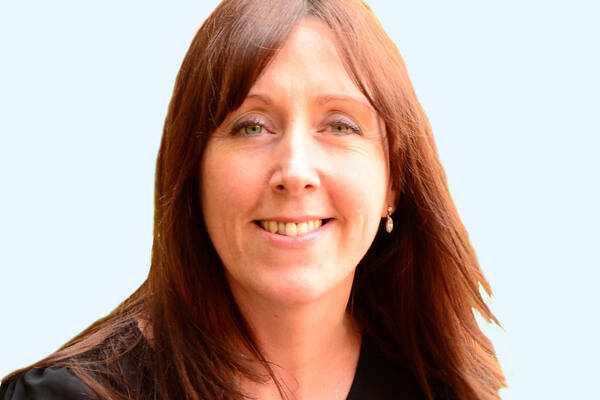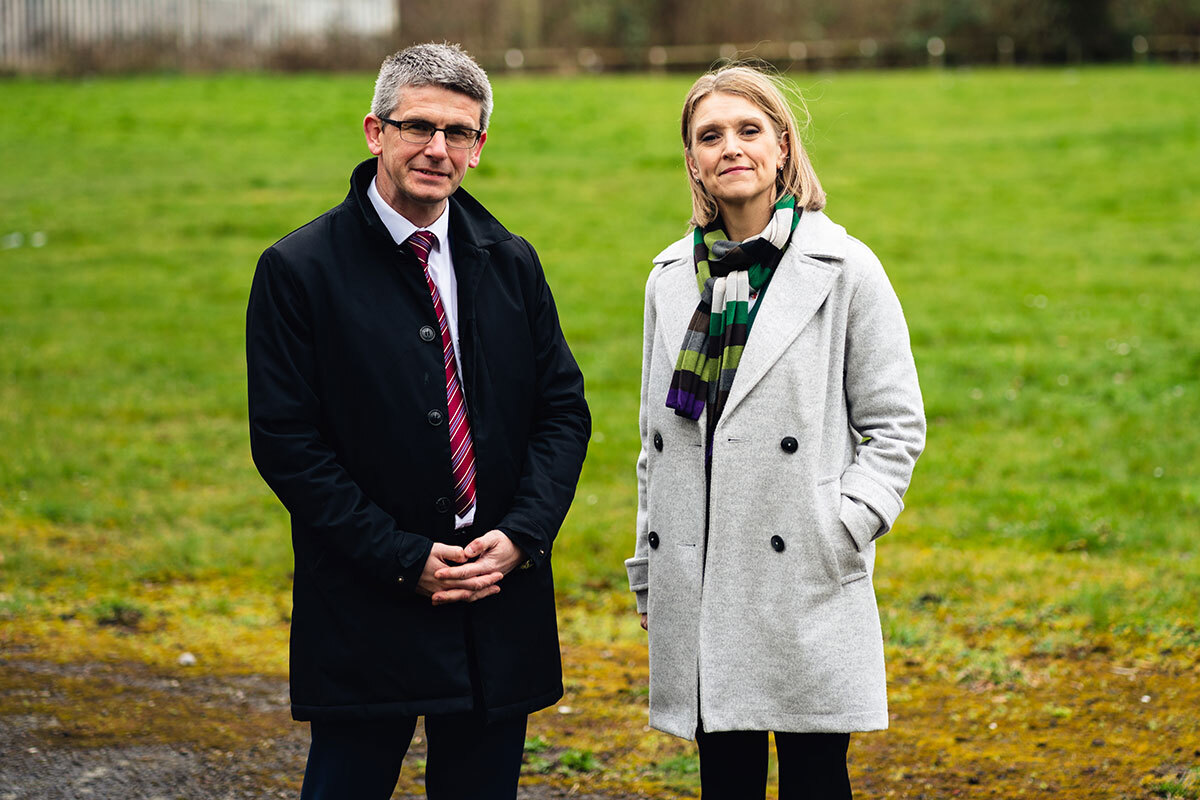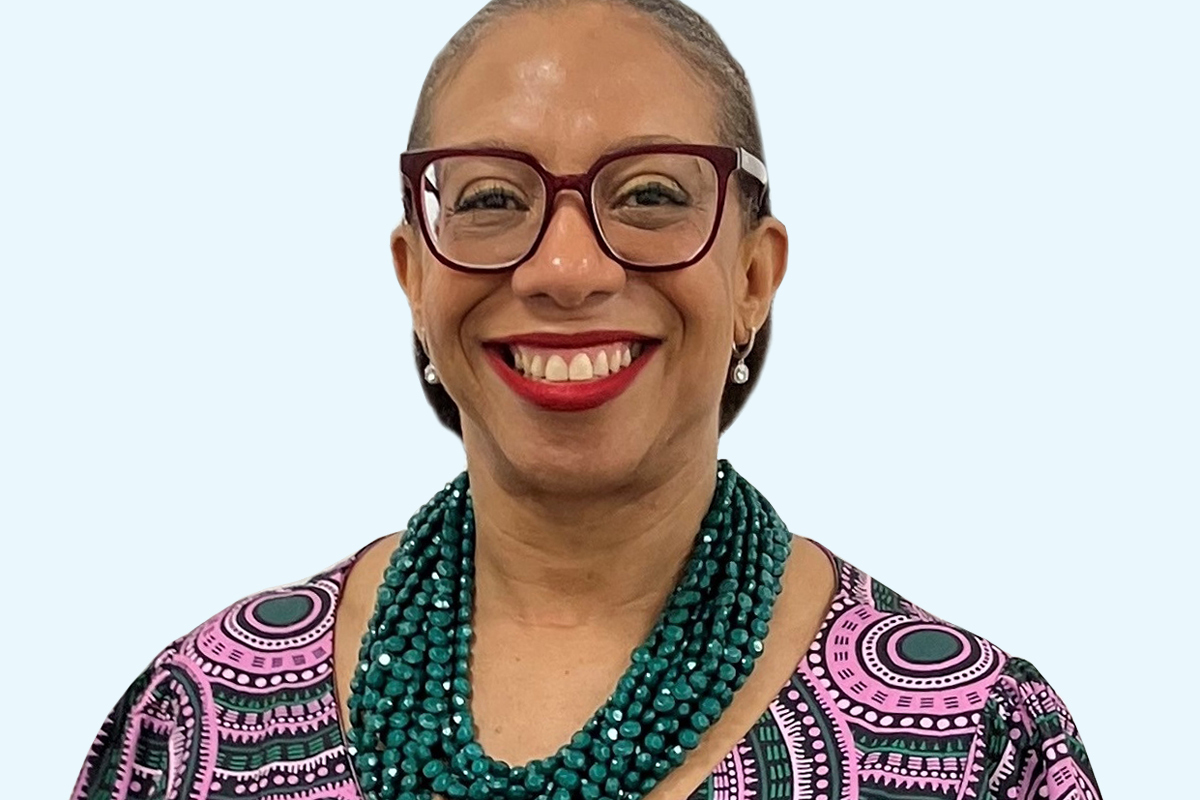How a Manchester landlord is embedding anti-racism in engagement
Mosscare St Vincent’s has created an anti-racist task force, to make sure it is engaging effectively with its ethnically diverse resident base. What has it learned in the process? Stephen Delahunty reports
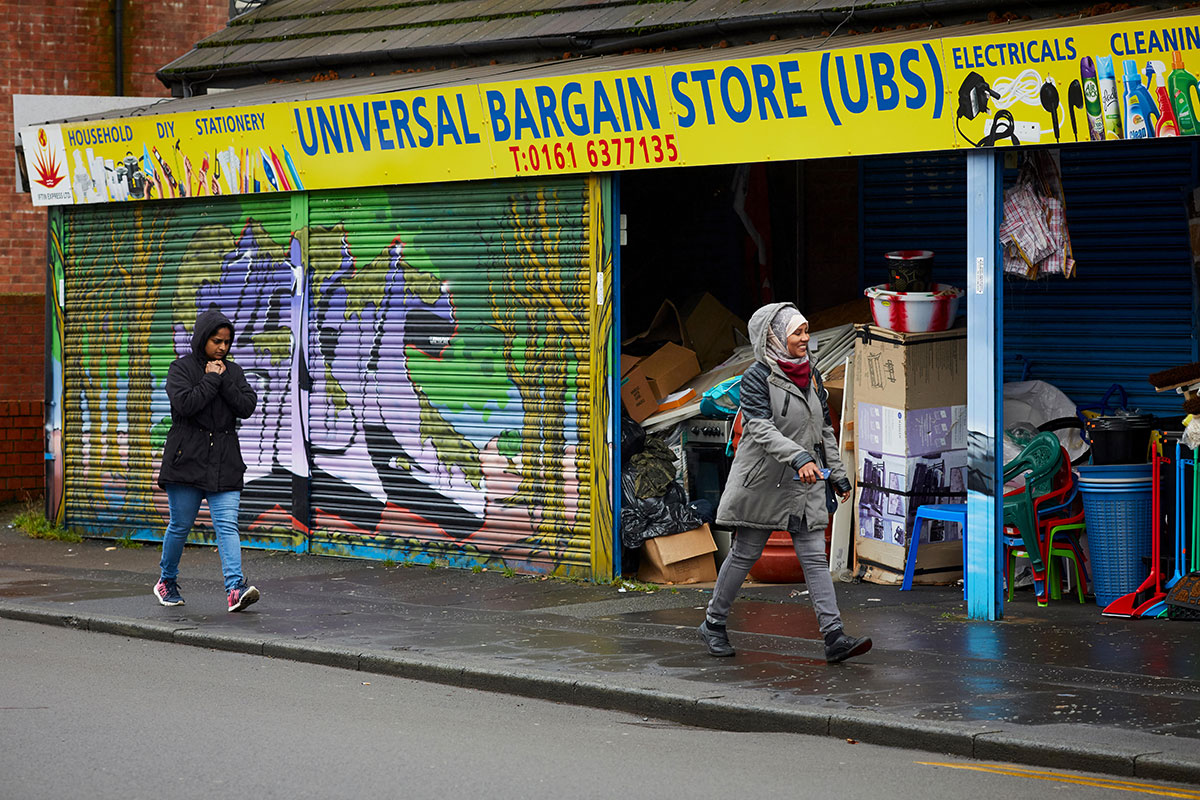

The first thing Tanique Daley says sets the tone for our conversation: “We just recognised that, as an organisation, we wanted to do more to stop racism and discrimination.”
The resident engagement officer at Manchester-based Mosscare St Vincent’s (MSV) is talking about why the 9,000-home landlord set up an anti-racism task force (ART). Given that the Housing Ombudsman deals with numerous cases involving the ‘othering’ of residents in a way that can leave them feeling excluded and marginalised, the need for such a task force is apparent.
The ombudsman’s experience begs a question about what landlords should be doing to ensure residents aren’t excluded and how they should look to design and run services as a result. So, what is MSV’s model and what learning might there be for the rest of the sector?
Ms Daley is speaking to us at MSV’s community space called Space Manchester, a two-story, red-brick building flanked by rows of primarily Victorian and Edwardian terraces in the adjacent streets, on Great Western Street in Moss Side, an area of Manchester with long-standing Afro-Caribbean and South Asian populations. According to the 2021 Census, more than a third of residents in the Moss Side ward are Afro-Caribbean, a fifth South Asian and a fifth white British.
Within two minutes’ walk of the Great Western Street office you can find Caribbean, Ethiopian and Sudanese cafes. The office also doubles as a community hub, and it is one of several locations where local people can report instances of hate crime as part of the landlord’s new project.
ART was borne out of MSV’s equality and inclusion group. It aims to learn from people’s experience of everyday racism and use that to improve the landlord’s policies and service delivery. The initiative was inspired by the Black Lives Matter movement in 2020, but its mission is a local one: to make sure its resident engagement strategy is truly meeting the needs of the community it serves.
There are 23 members of the ART group from across the business who meet once a month. The outcomes of these meetings are fed back into the landlord’s equality, diversity and inclusion strategy, as outlined in its corporate plan for 2022-2025.
But ART is also about engaging with the area’s diversity in a way that builds community cohesion and trust, and reduces poverty.
“Anti-racism is part and parcel of what I do. Regardless of where residents come from – their backgrounds, ethnicity, culture, whatever characteristic – everybody’s welcome, and it’s amazing to see so many cultures living together,” says Salma Chaudri.
Ms Chaudri is the manager of Khubsuret House, a specialist sheltered housing complex for older Black, Asian and minority ethnic residents in Rochdale, a group for whom there is a distinct lack of accommodation.
“For many, particularly if you’re from an elderly [Black, Asian and minority ethnic] background, there is a stigma attached to social housing, and particularly sheltered accommodation,” she says.
“You might not have interacted with an association before or had a contractor at your home, so part of what ART has done is help learn from and support residents in interacting with these services,” adds Ms Chaudri.
Community focus
Ms Chaudri, who has worked at MSV since 1996 and speaks seven languages, says language is one of the main barriers to improving inclusion.
“A language barrier can leave you isolated, unable to access support services, seek benefits advice, or engage with a landlord on stuff like maintenance and disrepair. So when you start listening to residents about what support they need in these areas, you’re really talking about improving their well-being and helping lift them out of poverty,” she says.
Saleem Butt has been living in Khubsuret House for around 13 months. The 67-year-old former ice-cream van driver initially retired from his role as ‘Mr Whippy’ in February 2022. He continued working part time for a short period before his health started to deteriorate. He heard about MSV from a friend.
“I feel really lucky. There are monthly meetings I attend, where I discuss issues and get support, and Salma is always around to speak to. The main thing is that it doesn’t matter where we are from, we are like a family,” he says.
Mr Butt, who lives in a one-bedroom property, has taken a lead in organising social events for his neighbours during holidays such as Eid and Christmas. Celebrating the diversity of staff and residents with partners such as Pride and Black History Month is a big part of what MSV is trying to do.
Rob Brown, stakeholder engagement officer at Manchester City Council, is impressed with the work MSV is doing in this area. He believes it is important for associations to partner with councils to meet the demands of their communities, and projects like ART play a big role.
“Poverty and the cost of living crisis can really define certain communities and that can create tensions. So, as a council, by working with partners like MSV, we can help make our communities safer, especially in neighbourhoods where some people might not see eye to eye or feel comfortable talking to the police.”
Mr Brown says work like ART’s is often done most effectively by smaller landlords. For example, would its future have been affected had the proposed merger between MSV and Great Places gone ahead last year (a move that would have created one of the region’s largest landlords)?
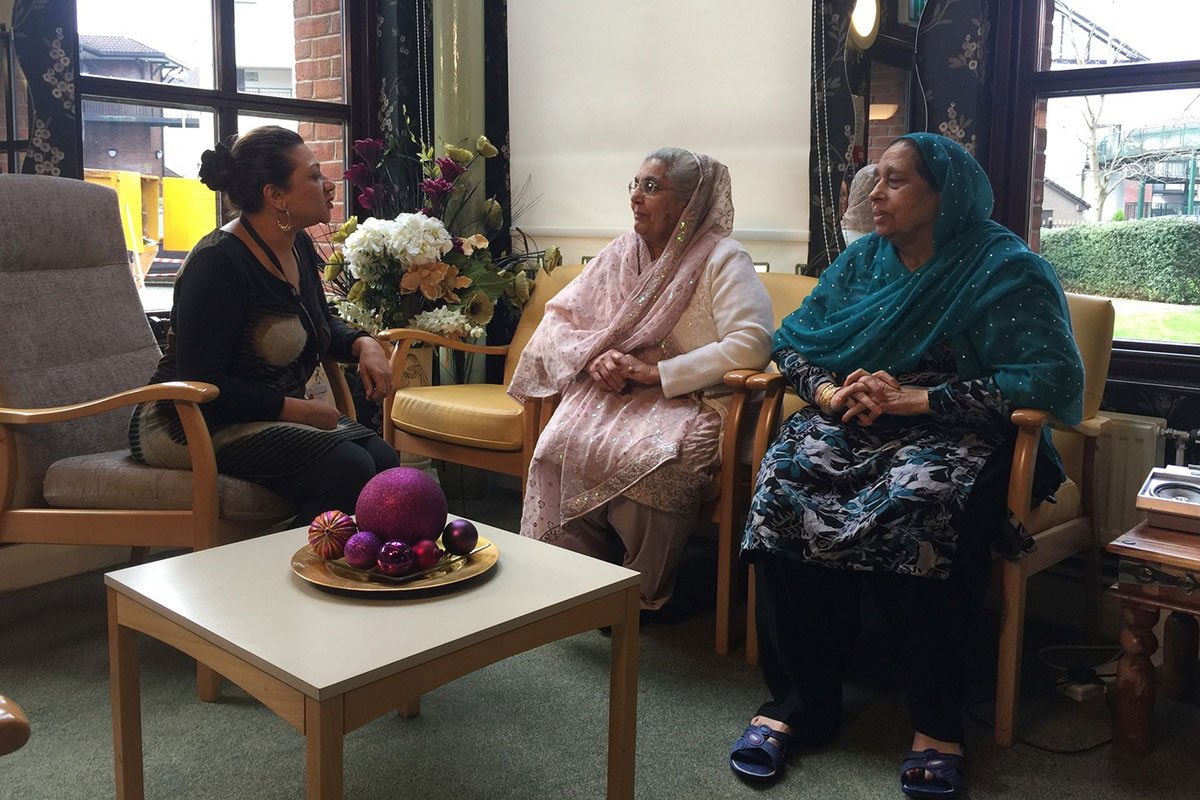
“When you look at some of the issues we’ve been talking about in tackling racism and discrimination, there is a danger that where you have a smaller landlord like MSV [merging into a large organisation], a good idea like ART can be lost and swallowed [up] as a smaller piece in a much larger jigsaw,” he says.
Indeed, the Housing Ombudsman highlighted a number of cases last year where a merger’s transitional period had led to a breakdown in trust, communication and complaint-handling.
That doesn’t mean ambitions for projects like ART need to stay small and localised. “For me, it would be great to see how MSV could bring in other associations in the city and scale this sort of work up, to see what the strength of a much larger group could actually do,” says Mr Brown.
The council officer says political moments like Brexit and current narratives around “stopping the boats” can fuel hatred in communities. Therefore, having spaces where residents feel heard is important for maintaining cohesion, when some might be looking to score points for political gain.
ART has met regularly since it was established. Feedback from the group so far has prompted the landlord to relaunch its zero-tolerance approach and look again at processes for reporting racism.
The group has also been sharing resources and knowledge on things such as unconscious bias, as well as practical tips on writing to local MPs or supporting Black-owned businesses.
Beyond a sometimes-fraught national political picture, part of the challenge in embedding this approach into MSV’s services is ensuring there is diversity at every level of the organisation. This is something that Charlie Norman, chief executive of MSV, has become more keenly aware of since ART was set up.
“I think there’s been an element of speaking as a white leader in the business, of feeling a bit uncomfortable and being challenged about that, and that’s good. I think you’ve got to get into that uncomfortable space before you can actually genuinely start to change.
“That concept of allyship and being a good ally within the sector and bringing forward good leaders from ethnically diverse backgrounds is key, but so is designing culturally sensitive services for our customers,” says Ms Norman.
Landlords should be learning from people’s experience of everyday racism. Ms Norman believes it is not enough to issue default responses that the organisation is not racist; it is about being actively anti-racist. This, Ms Norman says, “is part of the journey MSV is on”.
Recent longform articles by Stephen Delahunty
How recent changes to debt rules could affect the housing sector
The first Labour Budget in 14 years suggested that the chancellor has been listening to the social housing sector. Stephen Delahunty sums up the funding announcements that will have the biggest impact for housing providers
How will exemption from the local connection test work?
The government announced it would exempt certain groups from the local connection test when they apply for social housing. Stephen Delahunty finds out what sector figures think is needed for it to work
Sign up for our daily newsletter
Already have an account? Click here to manage your newsletters
